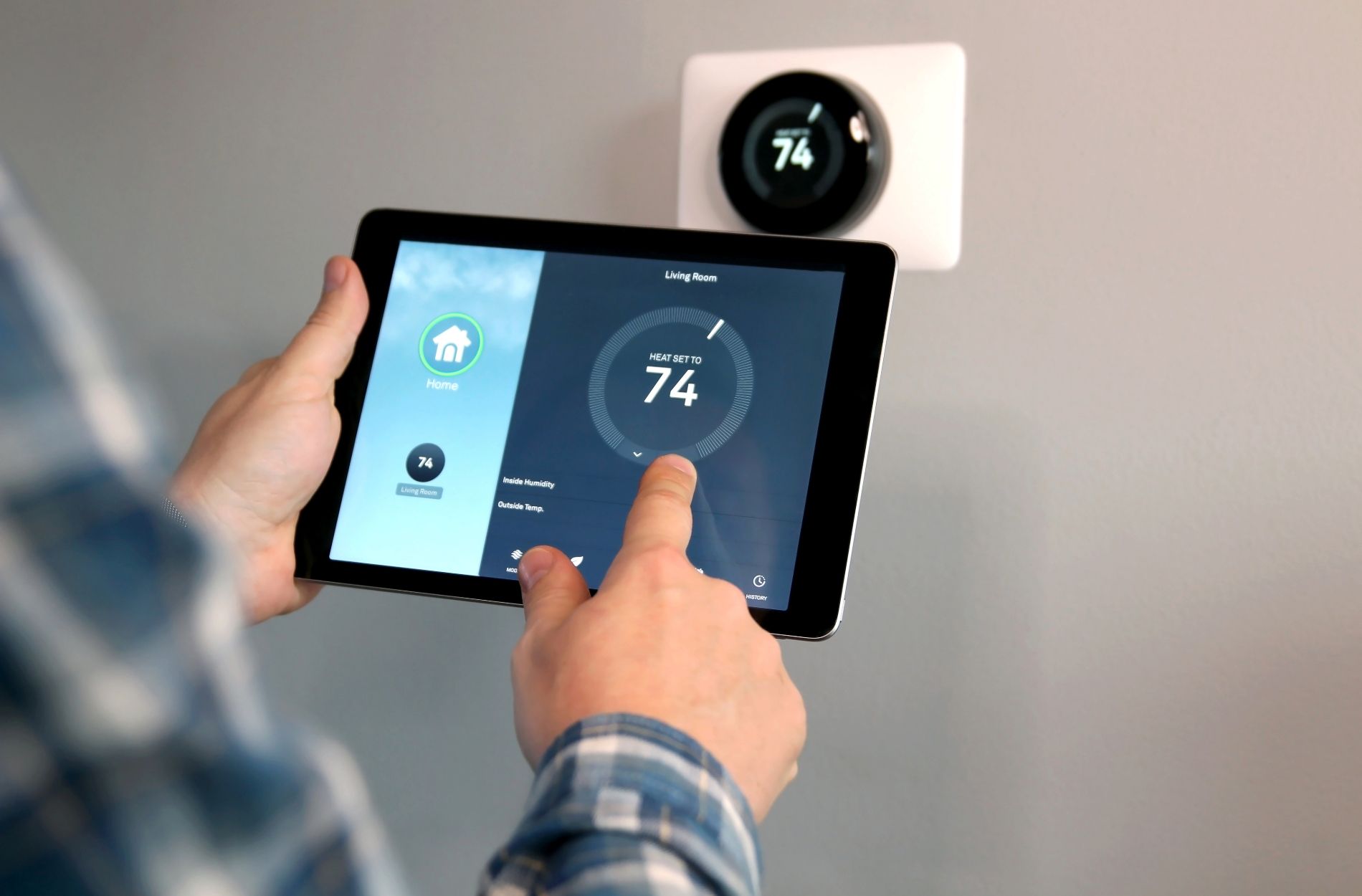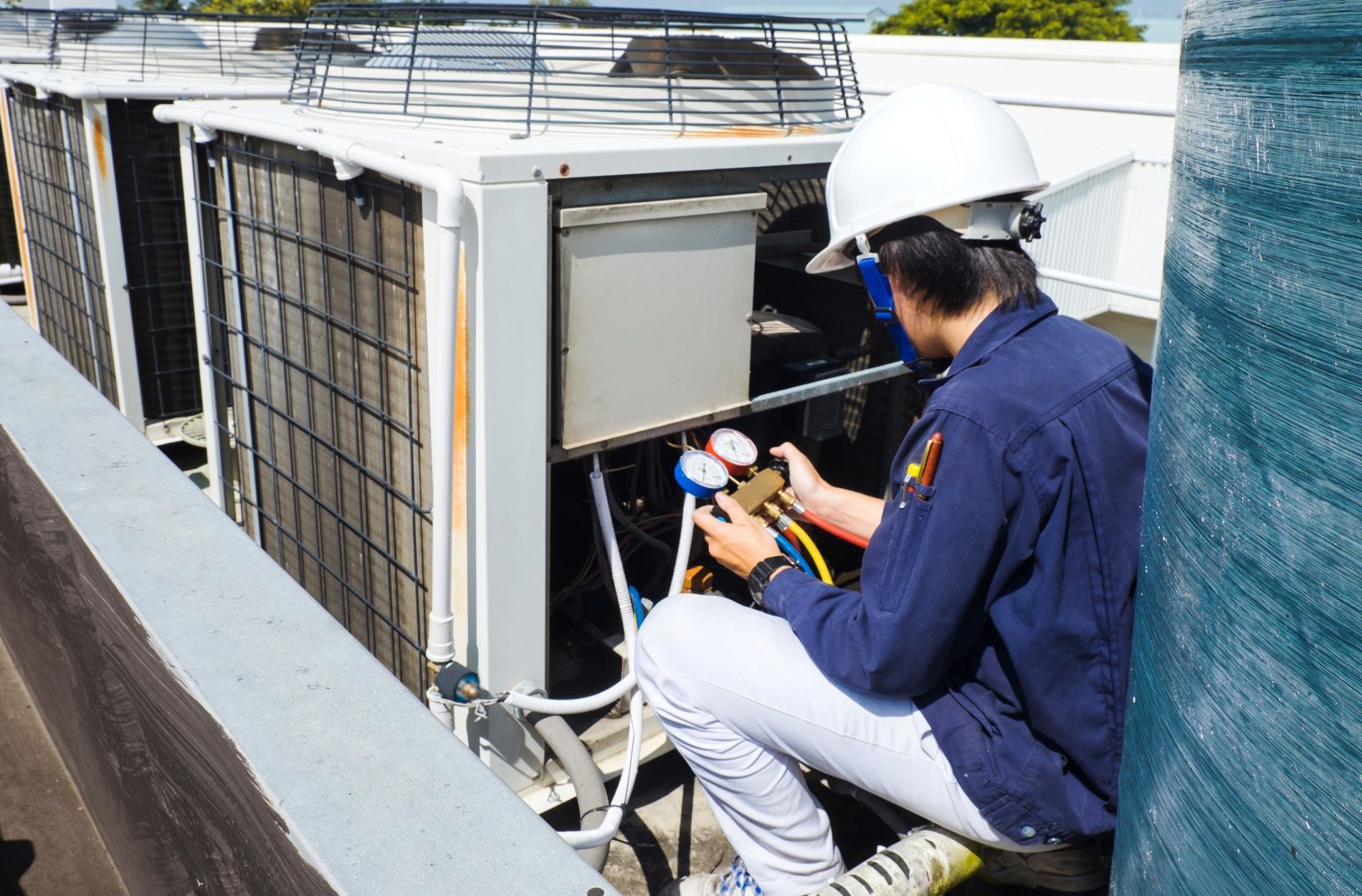How to Know When You Need a New Air Conditioner
Realizing that your air conditioner needs replacing can save you from unexpected breakdowns and sweltering summer days. Knowing when it's time to get a new unit ensures your home stays comfortable and your energy bills remain manageable. Regular maintenance helps, but even the best units have a lifespan.
Many signs can indicate your air conditioner isn't working as well as it should. These signs can range from higher energy bills to frequent repairs. Understanding these signs can help you decide when to invest in a new system rather than pouring money into an older unit.
In this article, we will explore various signs that suggest it might be time for a new air conditioner. These include inefficiency, unusual noises and smells, frequent repairs, and the age of the unit. By recognizing these indicators early, you can make a timely decision and avoid any discomfort in your living space.
Signs Your Air Conditioner Is Inefficient
One of the first signs that you might need a new air conditioner is inefficiency. If your home isn’t as cool as it used to be, it could be a sign your AC is struggling. An efficient air conditioner should cool your home quickly and maintain a consistent temperature. If it takes longer to cool your space or if some rooms are hotter than others, your unit might be losing its efficiency.
Another clear sign is if your energy bills are higher than usual. A struggling air conditioner works harder to keep your home comfortable, using more energy in the process. Compare your current bills to those from previous years to see if there’s a noticeable increase. If everything else in your home is the same but your bills are climbing, your AC might be the culprit.
The system's age also plays a big role in its efficiency. Air conditioners typically last about 10-15 years. If your unit is in this age range or older, it might not work as efficiently as a newer model. Advancements in technology mean new units are generally more energy-efficient, saving you money in the long run.
Unusual Noises and Smells
Strange noises and smells coming from your air conditioner are also signs it might be time for a replacement. Air conditioners should run quietly, with only a faint hum or gentle whoosh of air. If your unit is making loud or unusual sounds, like banging, grinding, or squealing, it could indicate a serious problem. These noises often mean internal parts are worn out or damaged.
Unpleasant smells are another warning sign. If you notice a musty or moldy odor coming from your air conditioner, it could be a sign of mold growth inside the unit or the ductwork. This can affect the air quality in your home and pose health risks. A burning smell is even more concerning, as it might indicate electrical issues or overheating parts, which can be dangerous.
Addressing these problems with repairs might buy you some time, but if the noises and smells persist, it could be safer and more cost-effective to invest in a new unit. A new air conditioner will run quietly and keep your home smelling fresh, providing a safer and more comfortable environment.
Frequent Repairs and High Energy Bills
If you find yourself frequently calling a technician to fix your air conditioner, it might be time to consider getting a new one. While occasional repairs are normal, constant breakdowns are a sign that your unit is nearing the end of its life. Each repair can add up, making it more cost-effective in the long run to invest in a new system.
Another major indicator is climbing energy bills. When an air conditioner works harder to cool your home, it uses more energy. If you notice your energy costs increasing over time without a change in your usage habits, your air conditioner could be to blame.
Here are a few ways to tell if your AC is costing you too much:
- Frequent Service Calls: More than two repairs in one season might indicate it's time for a new unit.
- Rising Costs: Compare current energy bills with those from the same month in previous years to spot increases.
- Old Age: Older units are typically less efficient, contributing to higher bills.
High repair frequency paired with rising energy bills signals that replacing your air conditioner might save you money in the long term.
Age and Performance Decline
Air conditioners are designed to last around 10-15 years. If your unit is approaching or has surpassed this age, its performance likely isn't what it used to be. Older systems often struggle to maintain a consistent temperature, leading to discomfort in your home.
Here's how age affects performance:
- Reduced Efficiency: Older units generally use more energy to provide the same cooling effect as newer models.
- Inconsistent Cooling: If some rooms in your house are cooler than others, it might be because your air conditioner can't keep up.
- Frequent Breakdowns: Components wear out over time, leading to more frequent issues and the need for repairs.
Consider the lifespan of your unit when evaluating its performance. If it’s near the end of its expected life, investing in a new air conditioner can provide more reliable and efficient cooling.
Conclusion
Recognizing when you need a new air conditioner can prevent unexpected discomfort and high costs. Pay attention to signs of inefficiency, unusual noises and smells, frequent repairs, and the age of your unit. These indicators can help you decide when it’s time to replace your old air conditioner with a new, more efficient model.
Investing in a new air conditioner can ensure your home stays cool and your energy bills stay manageable. If you're experiencing any of these issues with your current unit, it might be time to make a change.
Anytime Heating & Air is here to help you make the best choice for your home. Our team of experts can guide you through the process of selecting and installing a new air conditioner that meets your needs. Contact us today to schedule a consultation about
air conditioning service and take the first step towards a cooler, more comfortable home.


